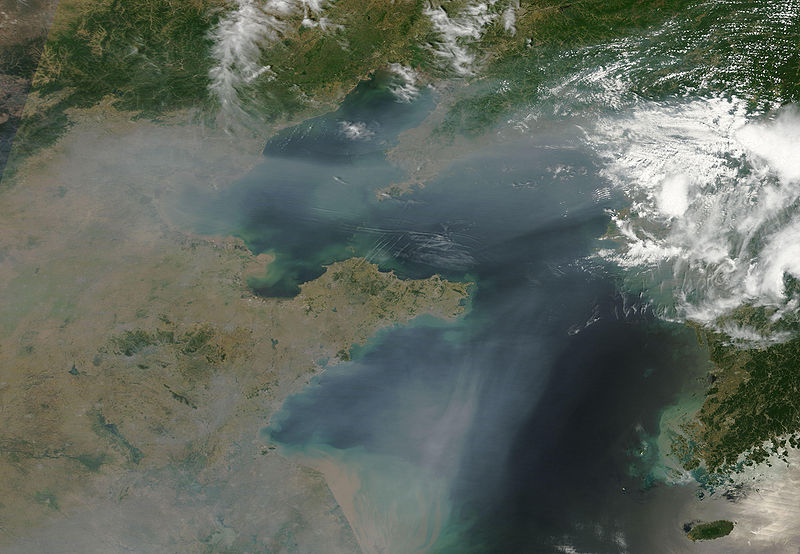Louise Watt
AP
July 8, 2013

A new study links heavy air pollution from coal burning to shorter lives in northern China. Researchers estimate that the half-billion people alive there in the 1990s will live an average of 5 1/2 years less than their southern counterparts because they breathed dirtier air.
China itself made the comparison possible: for decades, a now-discontinued government policy provided free coal for heating, but only in the colder north. Researchers found significant differences in both particle pollution of the air and life expectancy in the two regions, and said the results could be used to extrapolate the effects of such pollution on lifespans elsewhere in the world.
The study by researchers from China, Israel and the United States was published Tuesday in the Proceedings of the National Academy of Sciences.
While previous studies have found that pollution affects human health, “the deeper and ultimately more important question is the impact on life expectancy,” said one of the authors, Michael Greenstone, a professor of environmental economics at Massachusetts Institute of Technology.
“This study provides a unique setting to answer the life expectancy question because the (heating) policy dramatically alters pollution concentrations for people who appear to be of otherwise identical health,” Greenstone said in an email. “Further, due to the low rates of migration in China in this period, we can know people’s exposure over long time periods,” he said.
